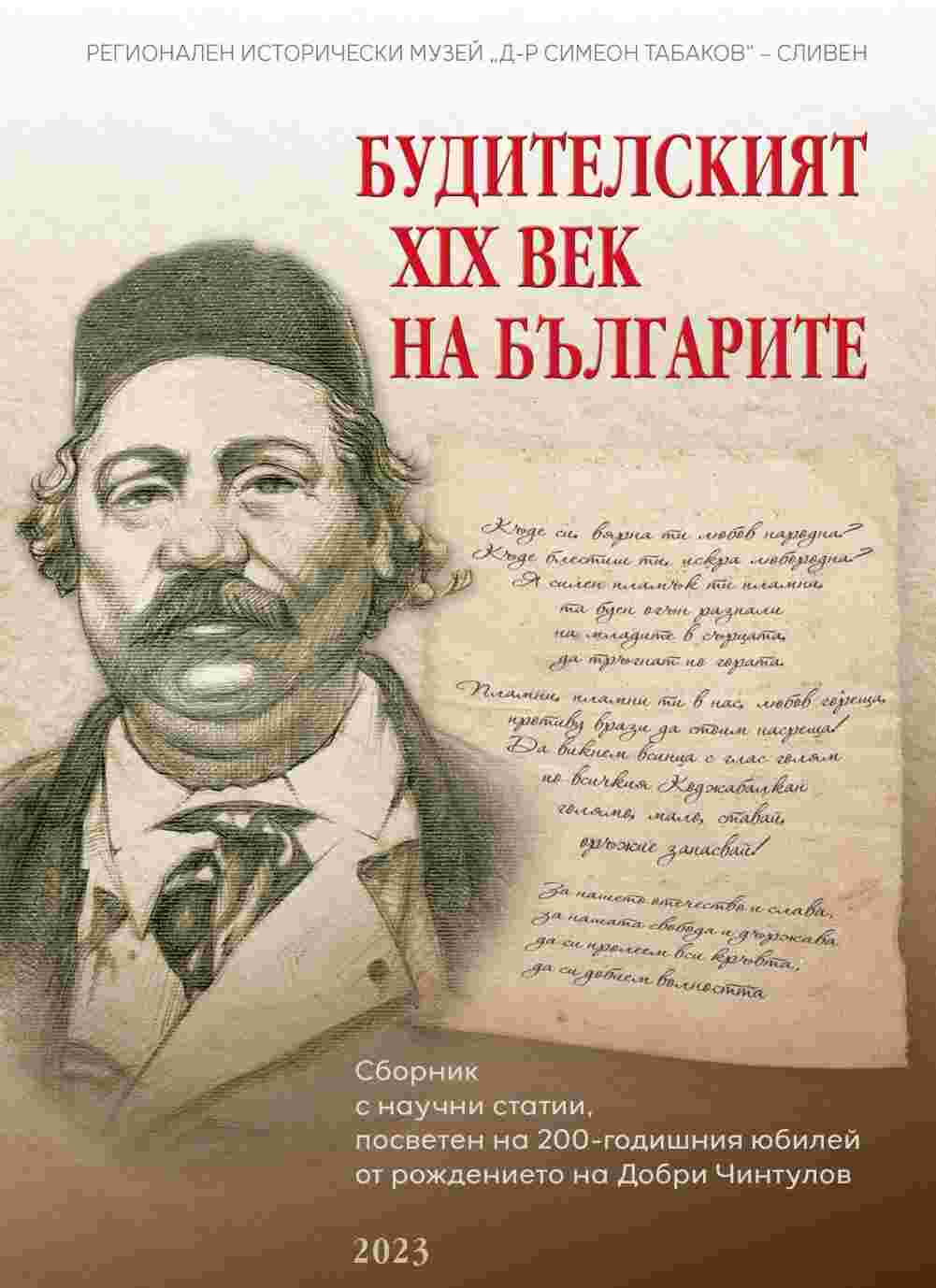Новобългарското светско образование и ролята на ръкописните учебници: Добри Чинтулов и Найден Геров
New Bulgarian Secular Education and the Role of Manuscript Textbooks: Dobri Chintulov and Nayden Gerov
Author(s): Andriana Spasova
Subject(s): Literary Texts, Poetry, Studies of Literature, Bulgarian Literature, 19th Century
Published by: Център за стопанско-исторически изследвания
Keywords: Bulgarian National Revival period; unexplored textbooks; manuscript heritage; Dobri Chintulov; Nayden Gerov; archival collection
Summary/Abstract: The main focus of the article is on the interpretation and analysis of the manuscript textbooks during the period of the Bulgarian National Revival. Special emphasis is placed on the unpublished teaching aids of the prominent Bulgarian authors and teachers Dobri Chintulov and Nayden Gerov in the context of the manuscript tradition and the new Bulgarian secular education. The archival legacy of the two intellectuals and public figures gives reason to raise the subject of the place and role of chrestomathies and didactic textbooks in the education of students in the 19th century. One of the conclusions I reached is that, unlike the published Revival textbooks with several reprints, the aids from the archive of D. Chintulov and N. Gerov had their distribution and had their impact on the contemporary Bulgarian public and the development of the new Bulgarian culture. Another conclusion is that the still little studied notebooks appeared and circulated at least two decades earlier, in the 1850s, than those published in the 1870s. A third important point that the article focuses on is the interesting parallel and interrelationship between the creation of the diverse curricula of a secular character in the grade schools in Koprivshtitsa, Plovdiv, Sliven and Yambol and the school subjects represented in them on one hand, and the preserved handwritten notebooks and textbooks of the two Odessa graduates, D. Chintulov and N. Gerov, precisely as a result of their teaching and confirmation of a modern pedagogical model, on the other. N. Gerov created one of the first Bulgarian grade schools in Koprivshtitsa, where he taught in the period 1846–1850, and in 1850 he became a teacher at the Plovdiv School, which was named ‘SS. Cyril and Methodius’ on his initiative. After his return from Odessa, D. Chintulov was invited to be a teacher in his hometown of Sliven in the period 1850–1858, and then he became the head teacher of the grade school in Yambol. Following the cultural history of the teaching careers of the two Bulgarian intellectuals we come across identical regularities – it is precisely these that give me a more accurate and clear look not only at the emergence and development of textbook literature but also at the gradual formation of the new type of critical and aesthetic perception through the period of the Bulgarian National Revival.
- Page Range: 85-102
- Page Count: 18
- Publication Year: 2023
- Language: Bulgarian
- Content File-PDF

